The Power Of Play: Car Games For Pre-K Learning And Development
The Power of Play: Car Games for Pre-K Learning and Development
Related Articles: The Power of Play: Car Games for Pre-K Learning and Development
Introduction
With enthusiasm, let’s navigate through the intriguing topic related to The Power of Play: Car Games for Pre-K Learning and Development. Let’s weave interesting information and offer fresh perspectives to the readers.
Table of Content
The Power of Play: Car Games for Pre-K Learning and Development

Car games, a staple of childhood play, offer a unique avenue for pre-kindergarteners to engage in imaginative exploration, develop essential skills, and build social bonds. These activities, often fueled by the fascination with vehicles, tap into a child’s natural curiosity and provide a rich platform for learning and growth.
The Appeal of Car Games:
Pre-K children are captivated by the world of cars. Their fascination stems from a combination of factors:
- Movement and Action: Cars represent dynamism and movement, appealing to the child’s innate desire for activity and exploration.
- Imagination and Story-Telling: Cars become vehicles for imaginative narratives, transporting children to fantastical worlds where they can assume different roles and create their own stories.
- Social Interaction: Car games often involve multiple players, fostering collaboration, negotiation, and communication skills.
Benefits of Car Games:
Car games, beyond their inherent entertainment value, offer a multitude of benefits for pre-K development:
-
Cognitive Development:
- Problem Solving: Car games often involve puzzles, such as figuring out how to navigate a course or solve a traffic jam, stimulating critical thinking and problem-solving skills.
- Spatial Reasoning: Constructing roads, parking cars, and navigating through imagined landscapes enhance spatial awareness and reasoning.
- Numeracy: Counting cars, assigning numbers to parking spaces, and engaging in activities involving distances or speeds introduce early concepts of numbers and measurement.
-
Social-Emotional Development:
- Cooperation and Teamwork: Car games often require children to work together, fostering collaboration, sharing, and negotiation skills.
- Turn-Taking: Games with designated turns promote patience, understanding of rules, and respect for others.
- Emotional Regulation: Car games can provide an outlet for expressing emotions, managing frustration, and developing coping mechanisms.
-
Language and Literacy:
- Vocabulary: Car games introduce new vocabulary related to cars, transportation, and road safety.
- Storytelling and Narrative: Imaginative play with cars often involves creating stories, enhancing language skills and narrative abilities.
- Communication: Car games encourage communication and interaction, fostering language development and social skills.
-
Physical Development:
- Gross Motor Skills: Games involving running, jumping, or mimicking car movements enhance gross motor skills, coordination, and balance.
- Fine Motor Skills: Building car tracks, manipulating toy cars, and drawing cars contribute to the development of fine motor skills and hand-eye coordination.
Examples of Car Games for Pre-K:
- Car Wash: Children can pretend to wash cars, using sponges, buckets, and water. This activity enhances fine motor skills and introduces concepts of cleaning and hygiene.
- Traffic Jam: Children can use toy cars to create a traffic jam and then work together to solve it, promoting problem-solving and communication skills.
- Road Trip: Children can plan and embark on a road trip, using a map, toy cars, and their imagination. This activity enhances spatial awareness, storytelling, and language skills.
- Car Race: Children can race their toy cars on a track, practicing turn-taking, competition, and sportsmanship.
- Parking Garage: Children can build a parking garage with blocks or cardboard boxes and park their toy cars, developing spatial reasoning and creativity.
- Car Repair Shop: Children can pretend to fix cars, using tools and their imaginations, developing problem-solving skills and creativity.
FAQs on Car Games for Pre-K:
-
What are the best car games for Pre-K children?
- There is no single "best" car game. The most appropriate game depends on the child’s age, interests, and developmental stage. Choose games that are engaging, age-appropriate, and foster learning and development.
-
How can I make car games more educational?
- Incorporate learning elements into the game. For example, count the cars, name different types of cars, or create a map of the route.
-
How can I encourage my child to play car games with others?
- Provide opportunities for social interaction. Invite friends over to play, join a playgroup, or participate in community events that involve car games.
-
Are there any safety concerns with car games?
- Ensure that the play area is safe and free of hazards. Supervise children during play, especially when using toy cars with small parts.
Tips for Incorporating Car Games into Pre-K Learning:
- Create a dedicated play space: Designate a specific area in your home or classroom for car games, allowing children to freely engage in imaginative play.
- Provide a variety of cars and accessories: Offer different types of cars, including trucks, buses, and race cars. Include accessories like tracks, ramps, parking garages, and traffic signs to enhance the play experience.
- Encourage creativity and imagination: Foster imaginative play by asking open-ended questions, suggesting scenarios, and encouraging children to create their own stories.
- Incorporate learning elements: Integrate learning concepts into the games, such as counting, colors, shapes, and spatial reasoning.
- Promote social interaction: Encourage children to play together, taking turns, sharing, and collaborating.
Conclusion:
Car games provide a powerful tool for pre-K learning and development. By engaging in imaginative play, children develop essential skills in cognitive, social-emotional, language, and physical domains. Encouraging car games not only fosters a love for learning but also helps children build confidence, creativity, and social skills that will serve them throughout their lives.
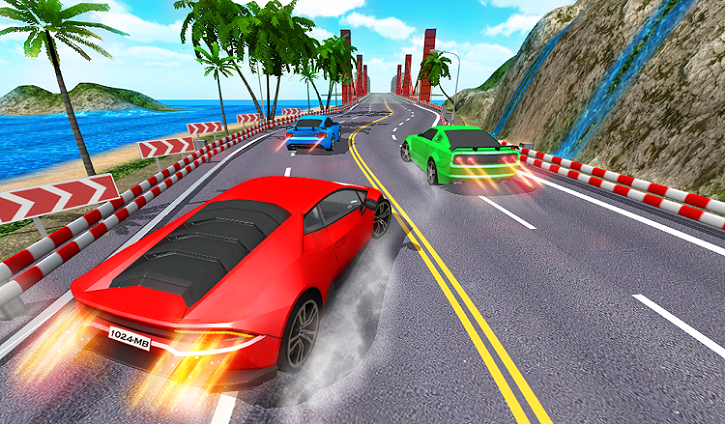
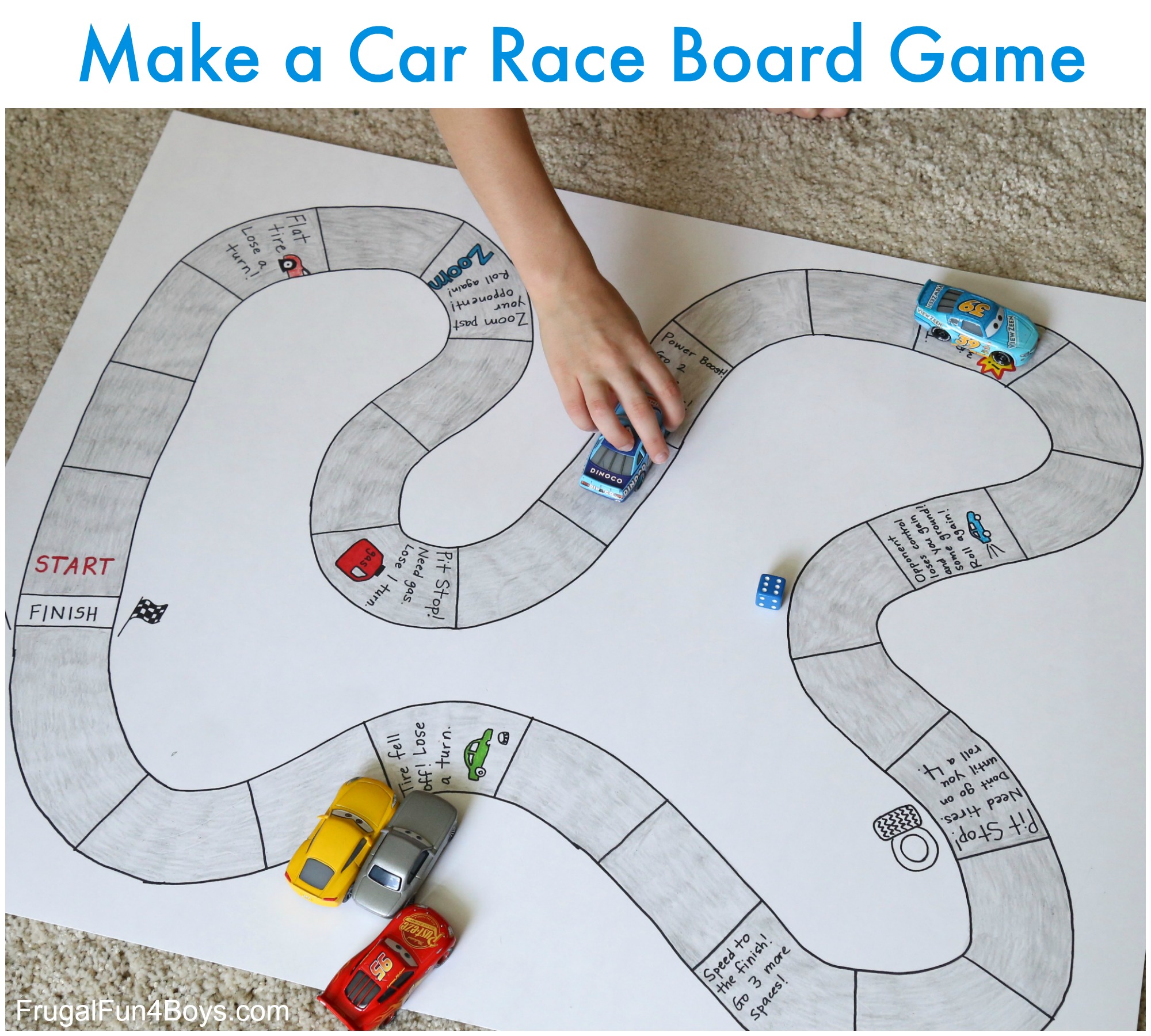

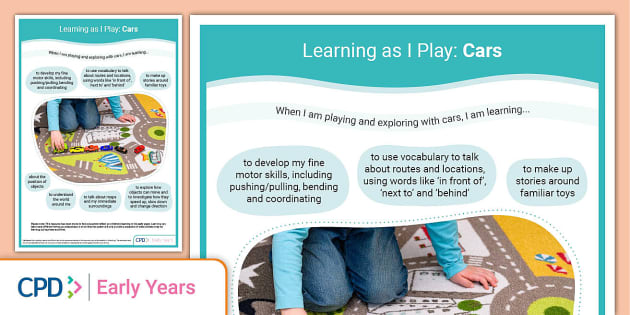
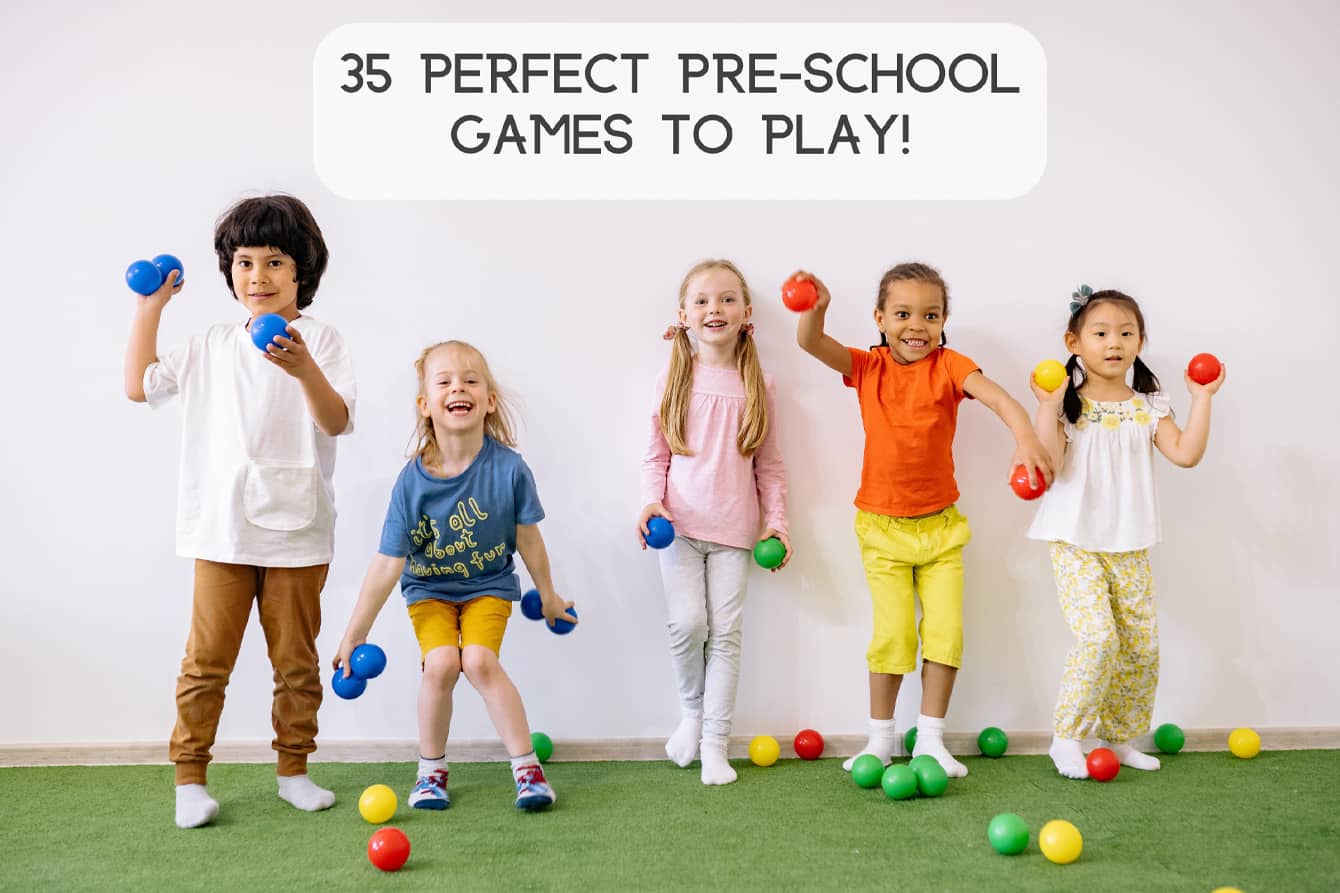

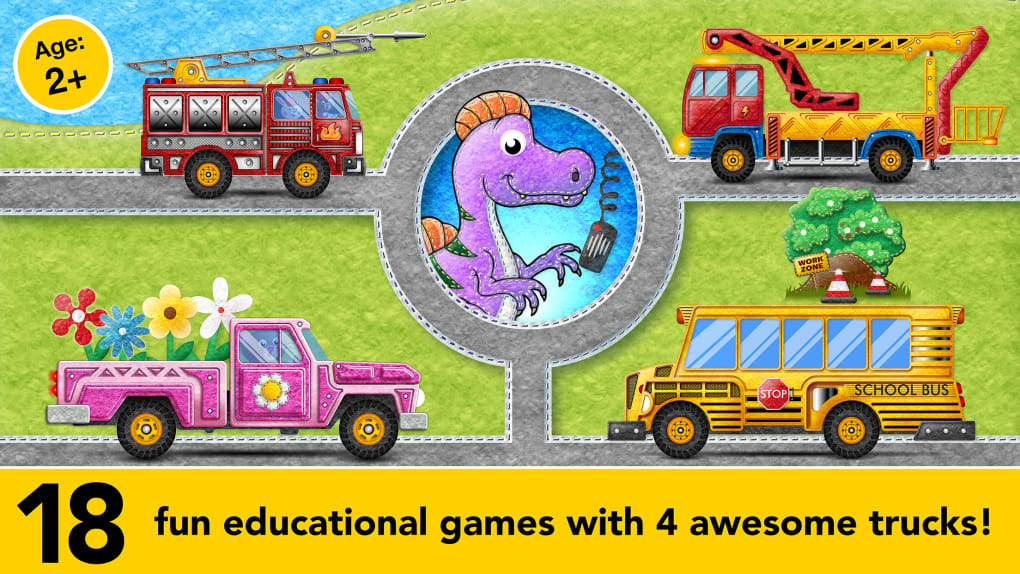
Closure
Thus, we hope this article has provided valuable insights into The Power of Play: Car Games for Pre-K Learning and Development. We appreciate your attention to our article. See you in our next article!